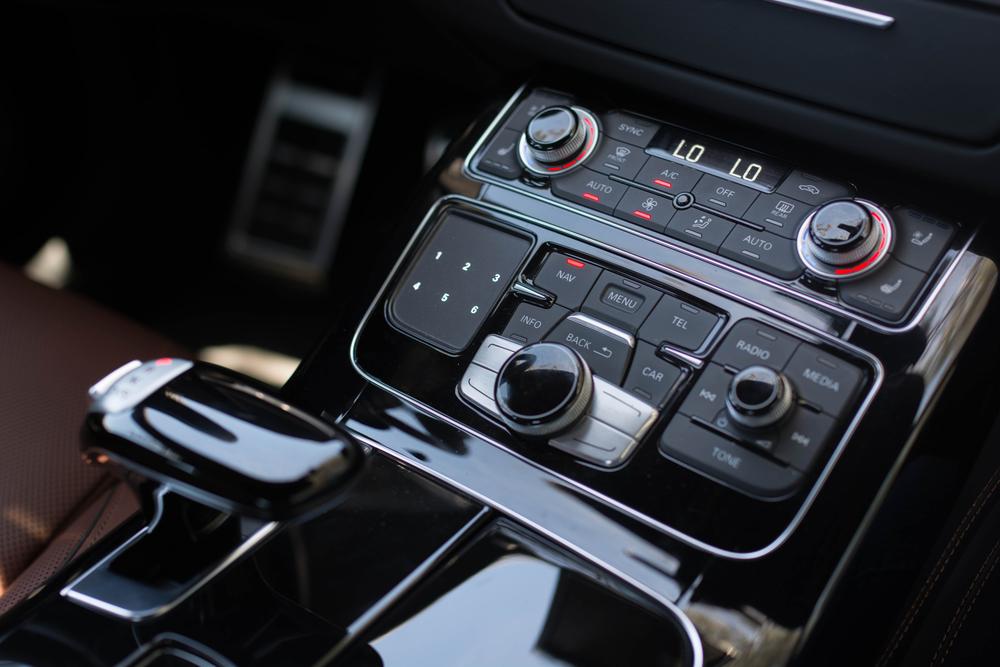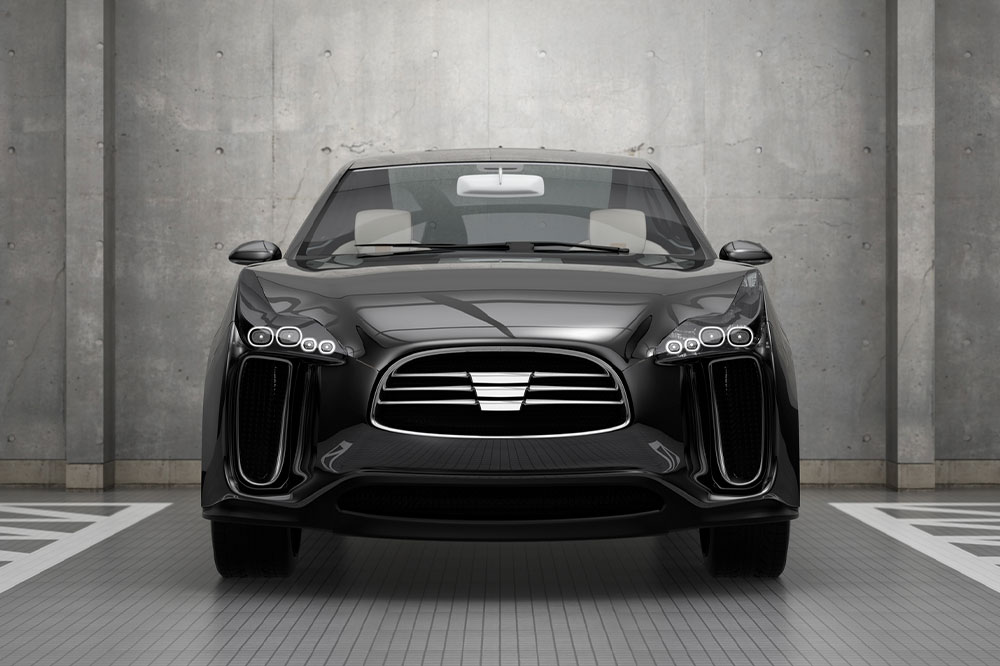Innovative Technologies Transforming the Future of Automotive Electronics
Discover how innovative technologies are revolutionizing automotive electronics, from holographic dashboards to AI-based safety systems and sustainable energy solutions. Explore the future of smarter, safer, and more connected vehicles that enhance both driver experience and environmental sustainability.

Innovative Technologies Transforming the Future of Automotive Electronics
The automotive industry is experiencing a technological revolution driven by relentless innovation aimed at improving safety, comfort, and convenience for drivers and passengers alike. From cutting-edge dashboards to advanced driver assistance systems, the integration of smart electronics is reshaping the way vehicles operate and interact with their environment. This evolution isn't just about making cars more sophisticated; it's about redefining mobility itself. In this comprehensive exploration, we delve into the latest breakthroughs in automotive electronics, highlighting how these technologies are paving the way for a smarter, safer, and more sustainable driving experience.
Next-Generation Holographic Dashboards Enhance Driver Experience
One of the most exciting advancements in automotive electronics is the development of holographic dashboards. Unlike traditional digital displays, holographic interfaces project vital driving information—such as speed, navigation, and vehicle alerts—directly into the driver's line of sight. This technology minimizes distraction by allowing drivers to access critical data without shifting their focus from the road. Companies like Mercedes-Benz and BMW are integrating augmented reality (AR) into their vehicle dashboards, creating immersive displays that adapt dynamically based on driving conditions. These holographic systems not only enhance aesthetics but also significantly improve information accessibility, leading to safer and more intuitive vehicle operation.
Adaptive Seating Systems for Tailored Comfort and Wellness
Passenger comfort has taken a leap forward with the advent of adaptive seating systems. These seats utilize smart sensors and adjustable mechanisms to mold support based on individual body contours and posture. Recent innovations include "Wellness Seats" equipped with stress monitoring technology. By analyzing biometric data such as heart rate and muscle tension, these seats can suggest relaxation techniques or activate massage functions to reduce driver fatigue. Such features are especially valuable on long journeys, ensuring driver alertness and passenger comfort. Moreover, ergonomic designs integrated with climate control and lumbar support contribute to a personalized driving environment, transforming vehicles into mobile wellness spaces.
Advanced Safety Systems with AI-powered Collision Avoidance
Safety remains a top priority in automotive electronics development. Leading manufacturers are deploying AI-powered collision avoidance systems that continuously analyze the surroundings using radar, lidar, and camera sensors. Mobileye's collision avoidance suite, for instance, offers lane departure warnings, blind-spot detection, and automatic emergency braking. These systems can predict potential hazards and alert the driver proactively, significantly reducing accident risks. With artificial intelligence at their core, these safety features learn and adapt to driving behaviors, enhancing their accuracy and responsiveness over time. Such innovations are crucial in progressing towards fully autonomous vehicles, where safety is paramount.
Electric Vehicles and Innovative Energy Solutions
The shift toward electric mobility is propelled by high-performance electric models and novel energy technologies. Porsche's Mission E, now known as the Taycan, exemplifies rapid charging capabilities paired with intelligent energy management systems to maximize range and efficiency. Innovations extend to vehicle controls, such as eye-tracking technologies that enable gesture-based commands and driver monitoring for enhanced security. Additionally, hydrogen fuel cell vehicles like Toyota’s FCV Plus are showcasing alternative clean energy sources, promising extended range and quick refueling times. These advancements are integral to reducing carbon emissions and promoting sustainable transportation, aligning with global environmental goals.
Augmented Reality and Smart Key Technologies for Smarter Vehicles
The integration of augmented reality displays and smart key fobs further elevates vehicle intelligence. AR overlays provide real-time navigation prompts and hazard notifications directly onto the windshield, making navigation safer and more interactive. Smart key systems enable keyless access and remote vehicle management, including pre-conditioning climate controls and vehicle diagnostics via mobile apps. These technologies offer enhanced convenience and security, creating a seamless user experience. As automotive electronics continue to evolve, these innovations are expected to become standard features, contributing to smarter, more connected vehicles that anticipate driver needs and preferences.
In conclusion, the future of automotive electronics is driven by a fusion of augmented reality, AI, innovative energy solutions, and personalized comfort systems. These advancements are not only transforming vehicles into smarter and safer modes of transportation but also paving the way for sustainable mobility solutions. As automotive technology continues to evolve rapidly, consumers can look forward to a new era of driving that emphasizes safety, convenience, and environmental responsibility. The ongoing integration of these cutting-edge innovations promises a future where vehicles are truly intelligent entities that adapt and respond to the needs of their users, revolutionizing the automotive landscape in unprecedented ways.





